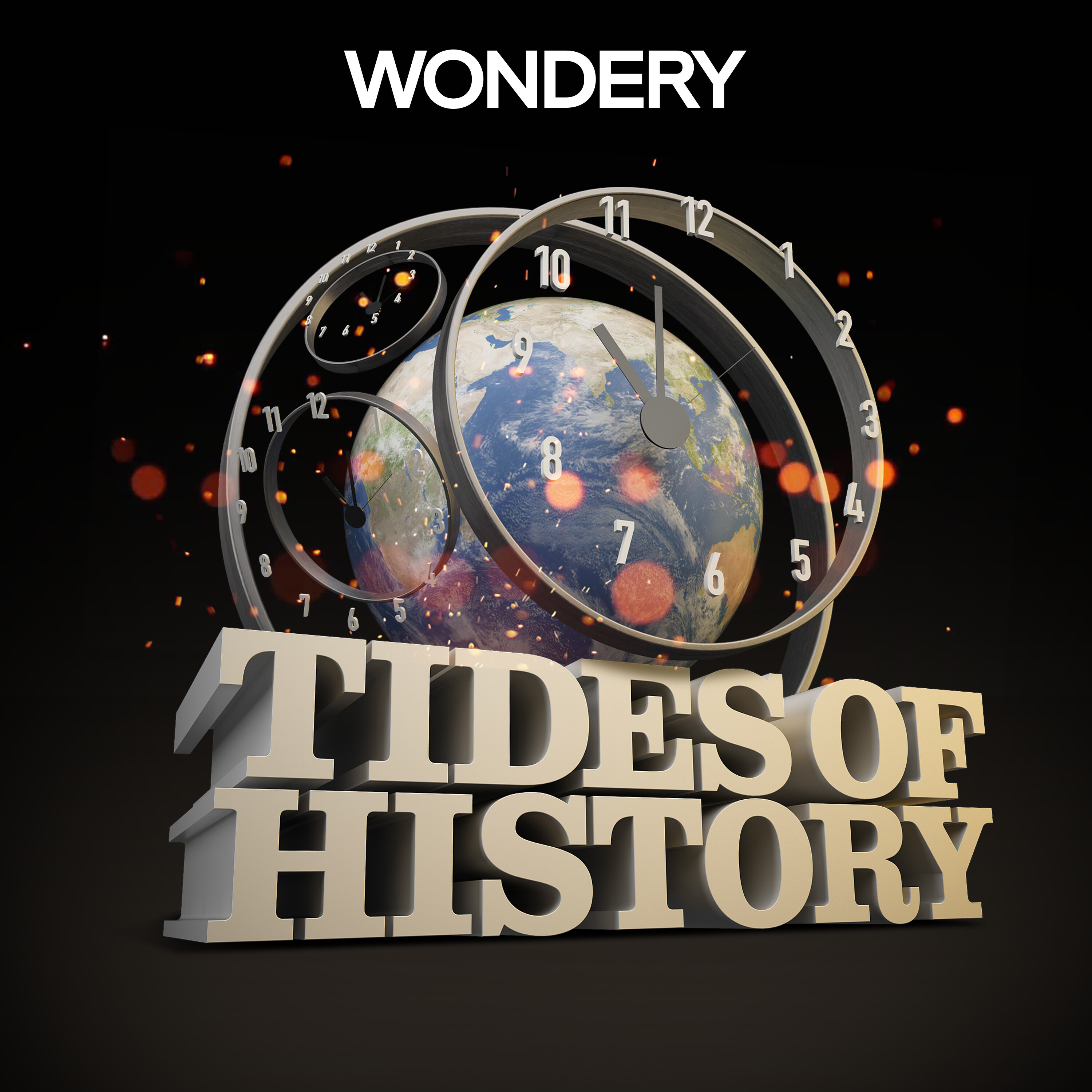058: Ptolemaic Egypt - Two Lands, Two Peoples, One Ruler
44. How can historians use new media to disseminate ideas?, with Merle Eisenberg
Hunter-Gatherers, Archaeology, and Prehistory: Interview with Professor Robert Kelly
Episode 224 - The Coup of Anna Komnene with Leonora Neville
#1 Πρώτη γνωριμία.
3. Phillips changes and first few battles
Alexander the Great
• 





